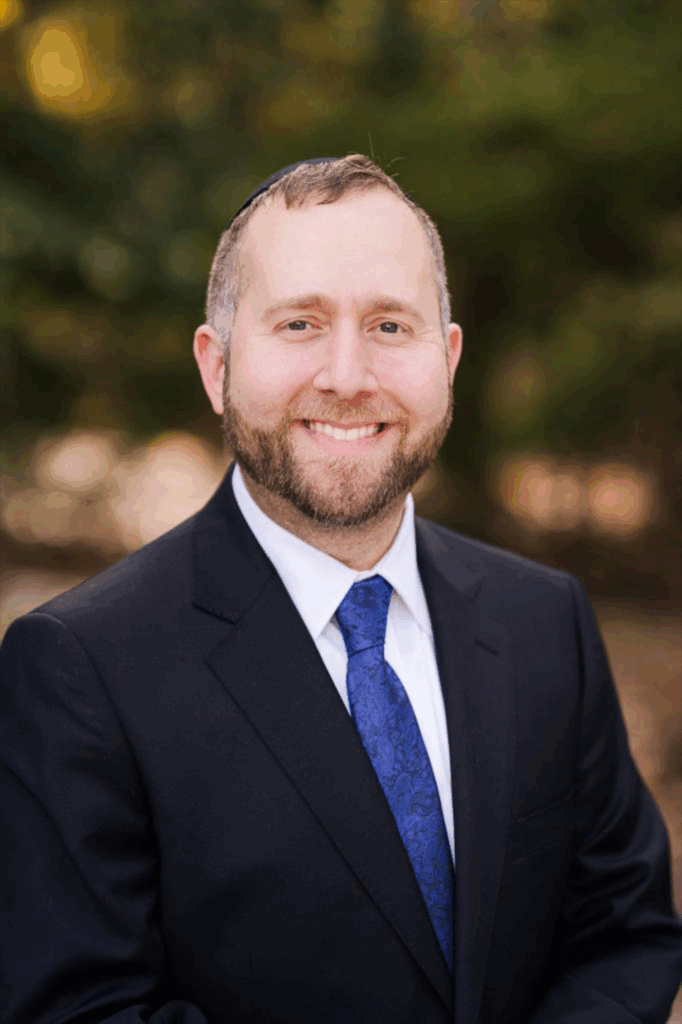The Cry Of Hope: Rebuilding Begins With Yearning
By Rabbi Benny Berlin
We find ourselves at the beginning of the Three Weeks, a time that calls us to something deeper than mourning. It is a time not just to reflect on what was lost but to step into the yearning for what has not yet been found.
Every time period in the Jewish calendar has its own spiritual reality. Pesach is not just about recalling the Exodus, but about stepping into the experience of freedom in our own lives. On Shavuos, we don’t just remember receiving the Torah, we reaccept it anew. So too, in the Three Weeks, we are not simply recalling the destruction of the Beis Hamikdash. We are meant to feel the absence, to internalize the ache, to recognize the gap in our national soul and our individual souls.
This is not mourning for a building. This is mourning for a relationship. For a world where the Divine Presence could be felt clearly. For a life where the deepest part of ourselves could find a home. And it is specifically in these weeks that we are supposed to stop, pause, and notice how easily we have grown accustomed to living without it.
It is not enough to say we remember. We must be brave enough to admit we have forgotten. We have forgotten how much we are missing. We have forgotten how beautiful it once was to stand in a world where Hashem’s presence was tangible. And yet the most dangerous thing is not forgetting itself. It is becoming comfortable with that forgetting. It is the slow erosion of yearning.
That is why the Three Weeks matter. Because they wake us up. They push us to be uncomfortable. They demand we feel. Not because feeling is pleasant, but because it is real. The worst thing that can happen is not destruction. The worst thing is contentment with exile.
There is a line that rings true now more than ever. Jews are not here to be. We are here to become. We are not meant to settle into a life of comfort, even spiritual comfort, if it comes at the cost of longing. Because until the Beis Hamikdash is rebuilt, something inside us is not whole.
Our tefillos remind us of this three times a day. We say the words. But do we stop and think about them? Do we feel them? Do we let them touch the parts of us that still remember what it means to be close to Hashem? Every time we say, “Return to Yerushalyim,” we have a chance to pause and ask ourselves if we really want it. And if we don’t want it, can we at least want to want it?
Rav Kook writes that the yearning for the Beit Hamikdash is greater than the Beit Hamikdash itself. The longing, the ache, the cry from deep within, that is what lays the first stone. The tears we shed are not about what was. They are what make way for what will be. The crying itself is the beginning of redemption.
That is the cry of the Three Weeks. A cry that carries hope. A cry that believes.
Even when we cannot cry, even when we feel numb or distant, we can cry for the fact that we cannot cry. That too is real. That too is part of the process. Feeling the discomfort of exile is what keeps us alive within it. It is what keeps our heart beating, waiting, longing for something more.
When we break a glass under the chuppah, when we say the words in our siddur and let them echo beyond our lips, let us remember what we are doing. We are crying with hope. And those tears carry weight in heaven. Those tears begin the rebuilding. n
Rabbi Benny Berlin is the rabbi of BACH Jewish Center in Long Beach, New York. For more information, visit BACHLongBeach.com.














